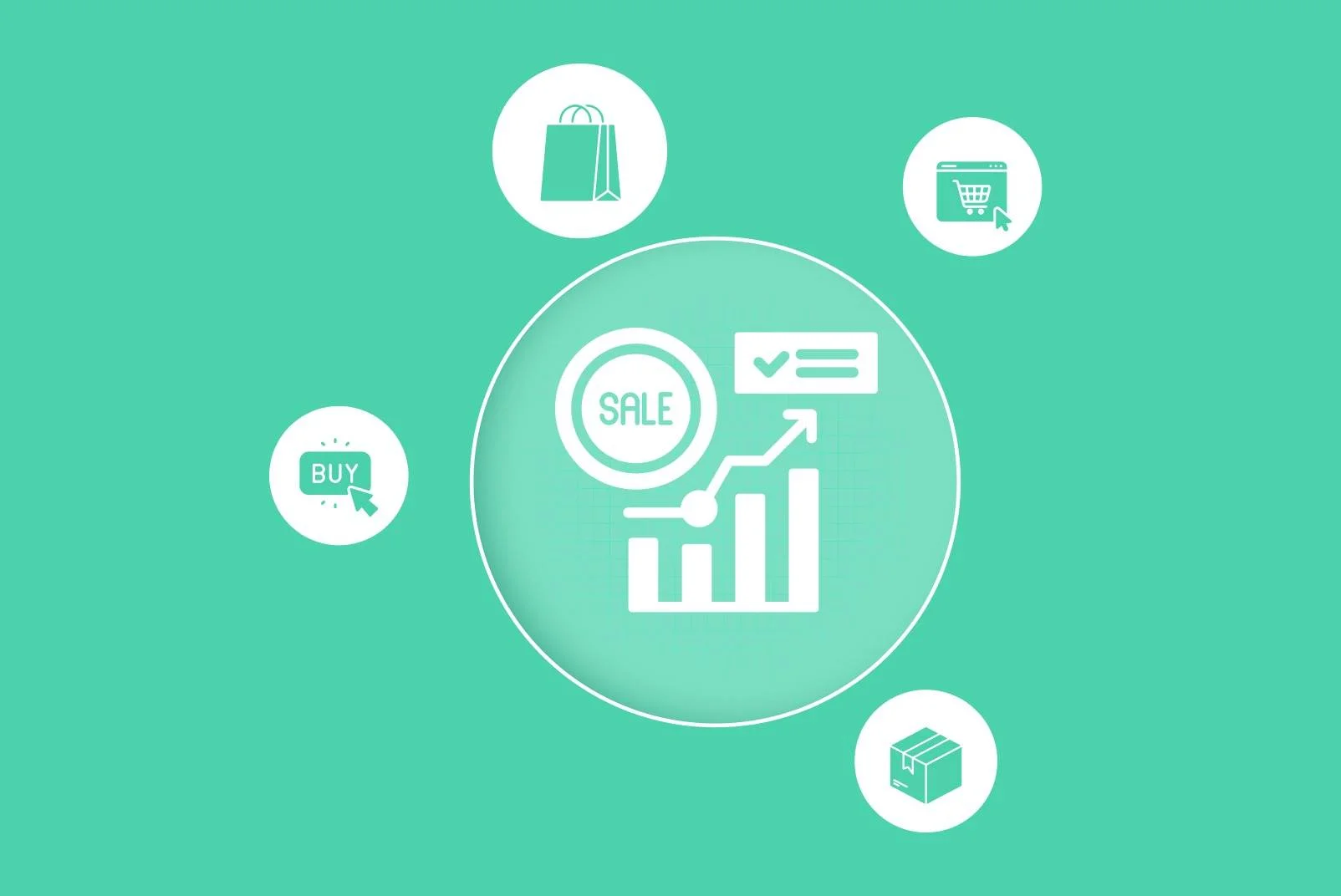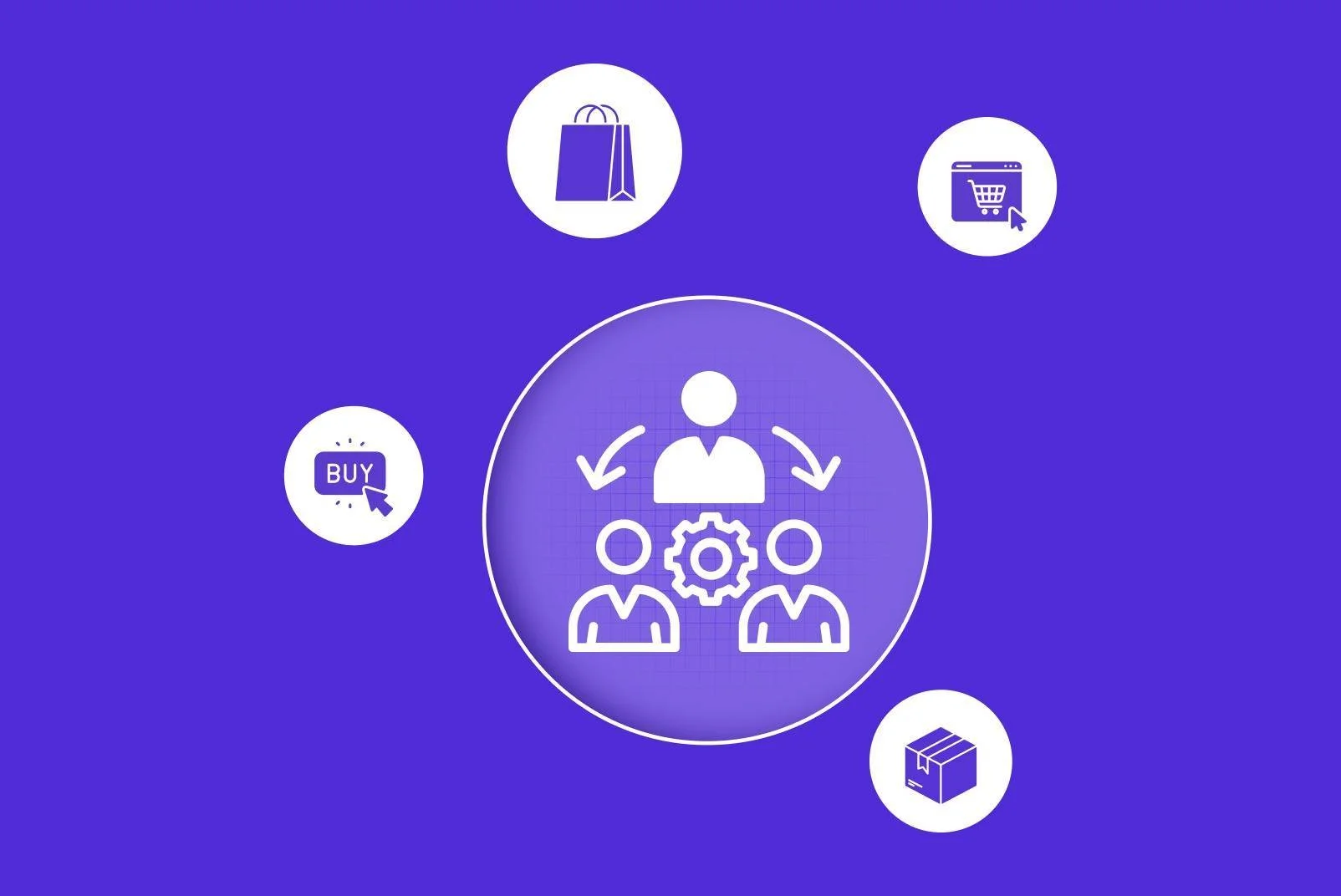Analyzing the Impact of Flash Sales on eCommerce Growth

Flash sales, a tantalizingly brief yet powerful marketing tactic, have increasingly become synonymous with the dynamism of eCommerce. While these timed promotions promise stellar discounts, the strategic depths of their impact often go overlooked. eccofi, as a torchbearer of eCommerce consulting, dissects the multifaceted influence of flash sales on eCommerce growth.
1. Surging Traffic and Brand Exposure
Flash sales, by design, are a magnet for attention. With aggressive marketing and the allure of irresistible deals, these sales can significantly drive website traffic. This transient boost not only amplifies immediate sales but also elevates overall brand exposure.
2. Inventory Management and Product Lifecycle
For retailers, flash sales can be a strategic move to clear out excess stock or phase out older products. By offering them at discounted prices, businesses can rejuvenate their inventory while ensuring product relevance.
3. Enhanced Customer Engagement
The limited-time aspect of flash sales evokes a sense of urgency. This urgency can boost customer engagement, enticing them to frequently check for updates, deals, or even sign up for newsletters.
4. Potential Risk of Diminished Brand Value
While flash sales can be a goldmine, they come with potential pitfalls. Constant and repetitive flash sales might make customers question the actual value of products, risking brand equity in the long run.
5. Increased Operational Strain
High traffic and demand during flash sales can strain website infrastructure and logistics. eccofi's eCommerce consulting services often emphasize the necessity of having robust systems in place to manage the surge.
6. Customer Acquisition and Data Collection
Beyond immediate sales, flash events are opportunities for data collection. Customer behaviors, preferences, and demographics captured can be invaluable for future strategies.
Conclusion: Flash with Finesse
Flash sales can undeniably catalyze growth in eCommerce. However, the key is in the balance. With strategic planning, brands can leverage the excitement of flash sales while safeguarding their reputation and operational efficiency. For a tailored approach, businesses can rely on seasoned eCommerce consultants like eccofi for holistic strategies. Embrace the power of flash sales with nuanced strategies and expert guidance, ensuring they serve as a catalyst for sustainable eCommerce growth.
